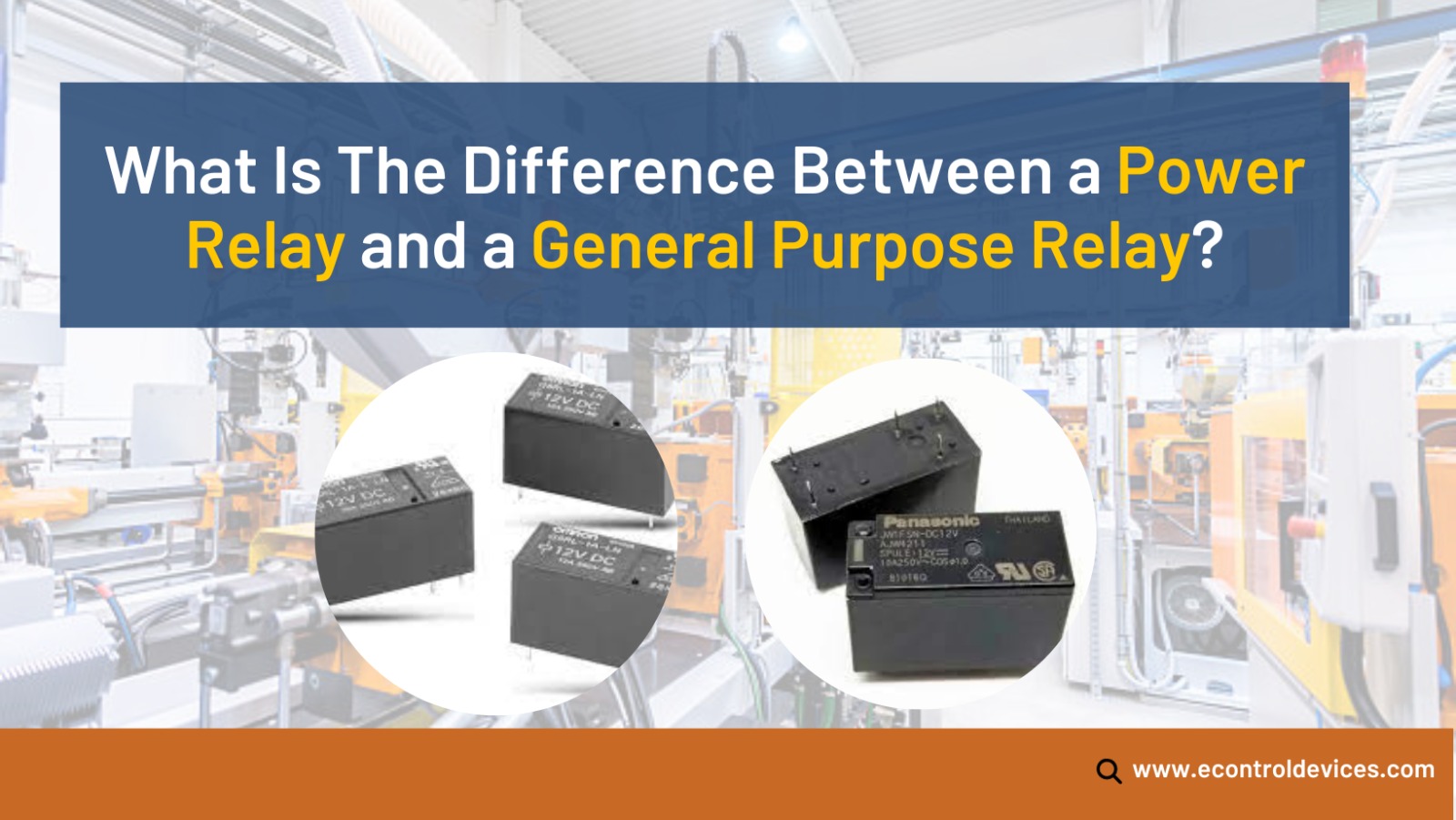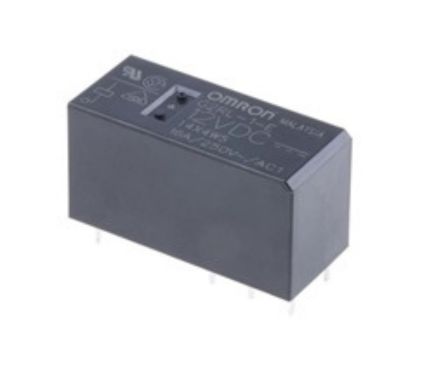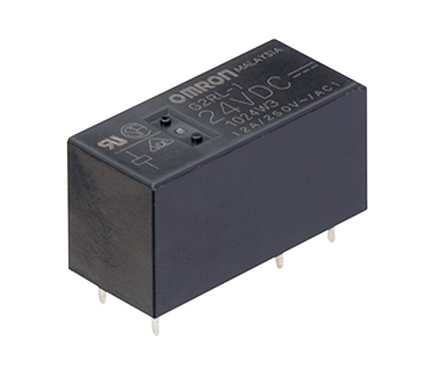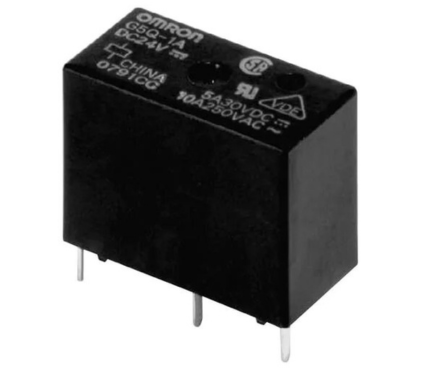Choosing the Right Relay: Power Relay vs. General Purpose Relay
Relays are essential components in various electrical and electronic applications, serving to control circuits by switching high-voltage or high-current loads. Two common types of relays are power relays and general-purpose relays, each with its own set of advantages and disadvantages. In this blog, we will explore the key differences between these relay types, their respective advantages and disadvantages, selection criteria for each, and provide real-world case studies to help you make informed decisions.
Power Relays vs. General Purpose Relays: What’s the Difference?
Power relays, as the name suggests, are designed to handle high power loads, making them suitable for applications requiring higher current and voltage ratings. They are generally larger in size and built to withstand heavy-duty operations.
General-purpose relays, on the other hand, are more versatile and can handle a wide range of applications with lower power requirements. They are compact, cost-effective, and suitable for various low- to medium-power tasks.
Advantages and Disadvantages of Power Relays
1. High current and voltage handling capability.
2. Durability and reliability for heavy-duty applications.
3. Suitable for industrial and high-power applications.
4. Extended lifespan due to robust construction.
1. Larger physical size and higher cost.
2. May not be efficient for low-power applications.
3. Consumes more power due to coil design.
Advantages and Disadvantages of General Purpose Relays:
1. Versatile and cost-effective for a wide range of applications.
2. Compact size and lower cost.
3. Ideal for low- to medium-power tasks.
4. Energy-efficient coil design.
1. limited current and voltage handling capacity.
2. Not suitable for heavy-duty or high-power industrial applications.
Selection Criteria for Power Relays
When choosing power relays, consider the following factors:
- Load Requirements: Determine the current and voltage requirements of your application, ensuring that the relay can handle the load.
- Environmental Conditions: Consider the operating environment, as power relays are built for durability and may be more suitable for harsh conditions.
- Reliability: Assess the criticality of your application and select a relay with the appropriate level of reliability.
Selection Criteria for General Purpose Relays:
For general-purpose relays, these criteria are essential:
- Application Flexibility: Ensure the relay’s specifications match your application’s power requirements.
- Space Constraints: Consider the available space, as general-purpose relays are more compact.
- Cost Efficiency:* Balance cost-effectiveness with the performance needed for your application.
Case Studies: When to Use Power Relays vs. General Purpose Relays
Case 1: Industrial Motor Control
For heavy-duty industrial motor control applications, where high current and voltage ratings are essential, power relays are the preferred choice due to their durability and reliability.
Case 2: Home Automation
In-home automation systems, where cost-efficiency and space constraints are significant factors, general-purpose relays are often suitable for tasks like controlling lighting, HVAC systems, or appliances.
Conclusion:
Selecting the right relay type, whether it’s a power relay or a general-purpose relay, is crucial for the success of your project. By understanding their differences, advantages, and disadvantages, and following appropriate selection criteria, you can make informed decisions that optimize the performance and efficiency of your electrical or electronic systems.




